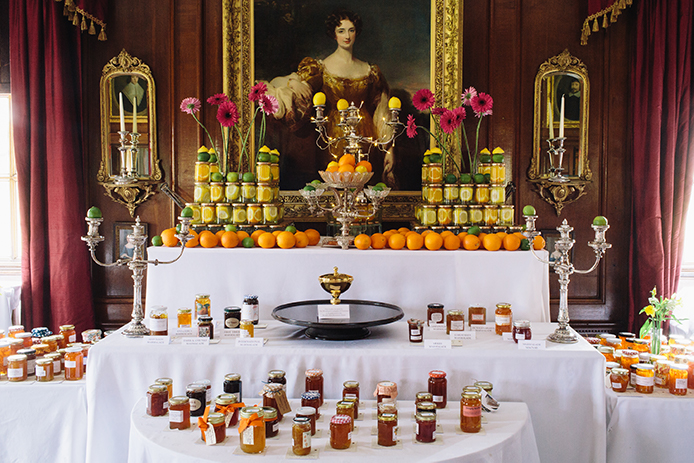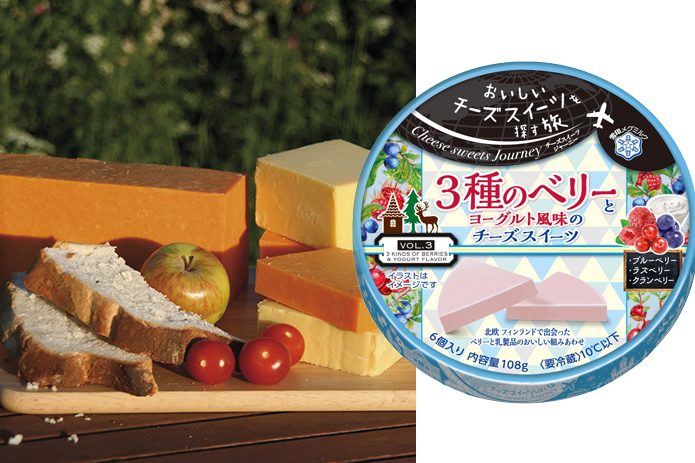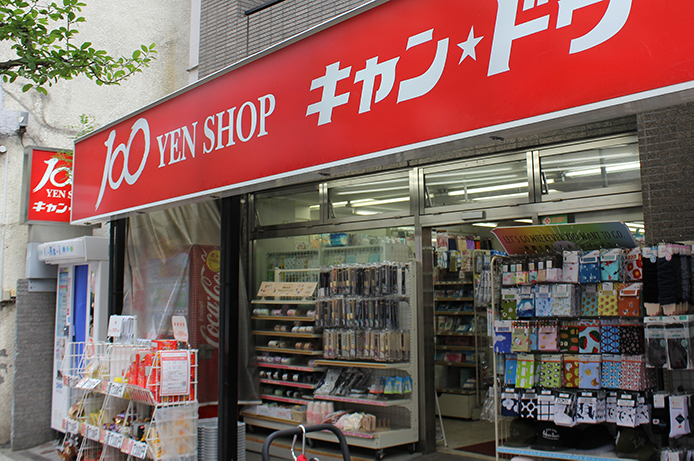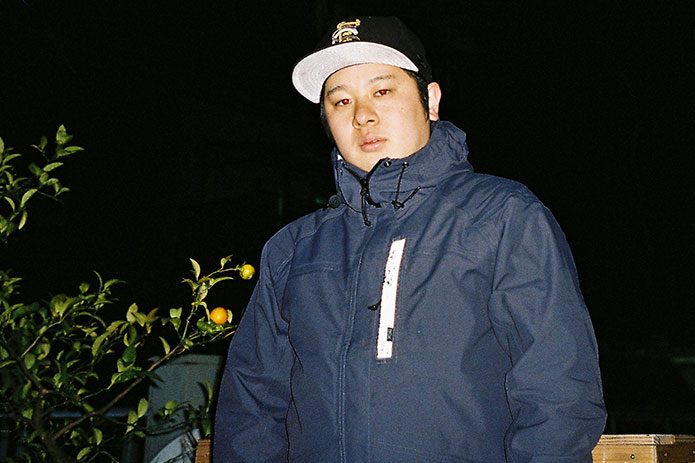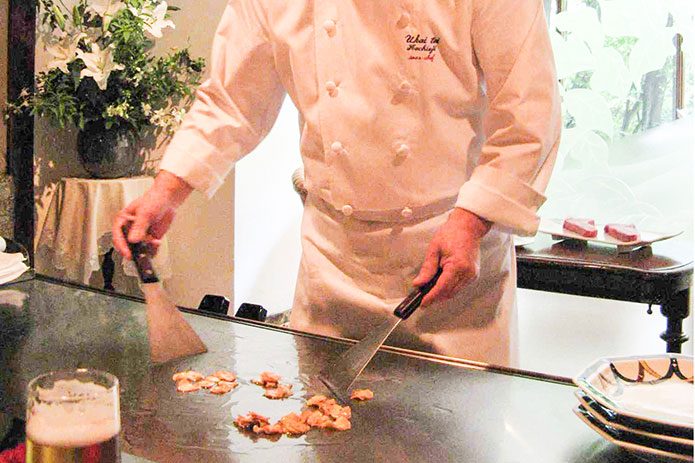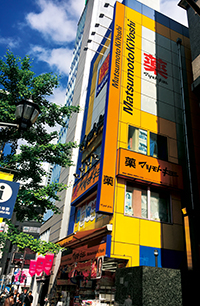
PHOTO: CUSTOM MEDIA
The drugstore—a term used in Japan to indicate what is essentially a variety store with a licence to dispense prescription pharmaceuticals—continues to nibble away at supermarket sales.
Shukan Jitsuwa (12 April) reports that the Japan Chain Drugstore Association last year realised total retail revenues of ¥6.5bn, a gain of 5.6% over the previous year. The number of outlets nationwide increased 2% over the 2016 figure, to reach about 20,000 nationwide.
“About 10 years ago, annual sales by drugstores were around ¥5tn, which means over the past decade they’ve grown another ¥1.5tn”, according to a retail industry source. “The industry expects that, by 2025, the total will reach around ¥10tn, bringing it within striking distance of supermarkets’ revenues of ¥13tn. It’s even possible that drugstore sales will exceed those of supermarkets.”
A number of factors are seen as supporting their growth.
“One is the addition of food and beverages to their product mix”, according to the aforementioned source. Drug stores “are located on main streets near or leading to residential neighbourhoods, and offer extensive parking space, which consumers appreciate. While only a few of them carry perishable items such as fish or meat, recently they’ve begun carrying fresh produce such as potatoes or onions”.
A reporter who covers the retail trade said that the Aeon Group, Japan’s largest retailer, reported operating losses of ¥1.65bn for its fiscal year ending February 2015. In the period ending February 2018, the losses had risen to some ¥2.16bn.
In recent years, Aeon has sunk large investments into shopping malls, which appeal to customers who drive. The product mix at these shops largely overlaps that of its drugstores.
“Roads accessing malls are frequently jammed, and even at those malls with large parking areas, drivers often have to wait for a parking space”, the retail industry source pointed out. “Initially, they were seen as a curiosity and attracted customers. But their congestion has alienated many, who stopped going there. The drugstores are now exploiting a niche linked to neither supermarkets nor convenience stores”, he offered.
Another development of interest is the Don Quixote discount chain’s acquisition of a 40% interest in Uny Co., Ltd., Japan’s third-largest supermarket chain. With some 200 outlets, mostly in Aichi and Shizuoka Prefectures, its annual revenues of around ¥800tn were third nationwide behind Aeon and Ito Yokado.
Competition among drugstore chains has been intense, with revenues of the long-running former leader, Matsumoto Kiyoshi, dropping to third place overall in 2017. It was supplanted by Tokyo-based Welcia Holdings Co., Ltd., which achieved year-on-year growth of 17.9% for the fiscal year to February 2017.
Sales of food accounted for 21.2% of total revenues, a level roughly the same as for medications, sundries and health foods. Sapporo-based Tsuruha Holdings Inc., in second place, last year grew 9.4%.
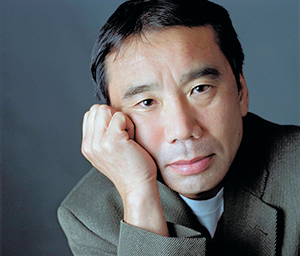
 Most people who engage in commercial
Most people who engage in commercial 

